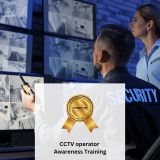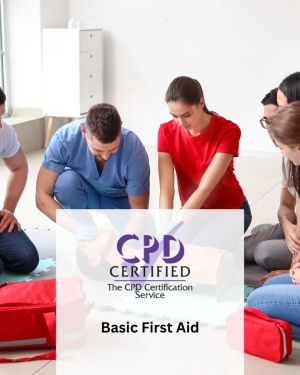Course Objectives By the end of this course, participants will be able to:
- Understand the importance of site traffic management and work zone safety
- Identify hazards associated with site traffic and work zones
- Apply traffic control and management principles effectively
- Understand roles and responsibilities of personnel in traffic management
- Recognize legal and regulatory requirements related to site traffic
- Implement safe practices to minimize risks to workers, vehicles, and the public
Course Modules
Module 1: Introduction to Work Zone & Site Traffic Safety
- Importance of traffic management at work zones
- Common causes of site traffic accidents
- Legal responsibilities of employers and workers
- Overview of relevant traffic regulations and standards
Module 2: Site Traffic Hazards
- Types of hazards (moving vehicles, pedestrians, equipment)
- Environmental and weather-related risks
- Traffic congestion and blind spots
- Identifying risk areas within a work zone
Module 3: Traffic Management Principles
- Planning and designing safe work zones
- Traffic control measures: signage, barriers, cones, flagging
- Safe vehicle and pedestrian routes
- Roles of traffic marshals, flagmen, and supervisors
Module 4: Safe Practices for Workers and Drivers
- Communication and coordination within the work zone
- Safe movement of vehicles and machinery
- PPE requirements for workers in traffic areas
- Procedures for loading/unloading and material handling
Module 5: Emergency Preparedness & Incident Response
- Responding to accidents within the work zone
- Reporting procedures for incidents and near misses
- Coordination with emergency services
- Lessons learned from past incidents.
Module 6: Case Studies & Knowledge Review
- Review of real-life incidents in work zones
- Group discussion and identification of best practices
- Q&A and knowledge consolidation Assessment & Certification
- Knowledge-based assessment / quiz
- Certificate of completion issued upon successful attendance
Work Zone / Site Traffic Management Training (Awareness)
Enhance your knowledge and ensure safety on every work site. Enroll in our Work Zone / Site Traffic Management (Awareness) training today and gain the skills needed to manage site traffic effectively and prevent workplace incidents.








